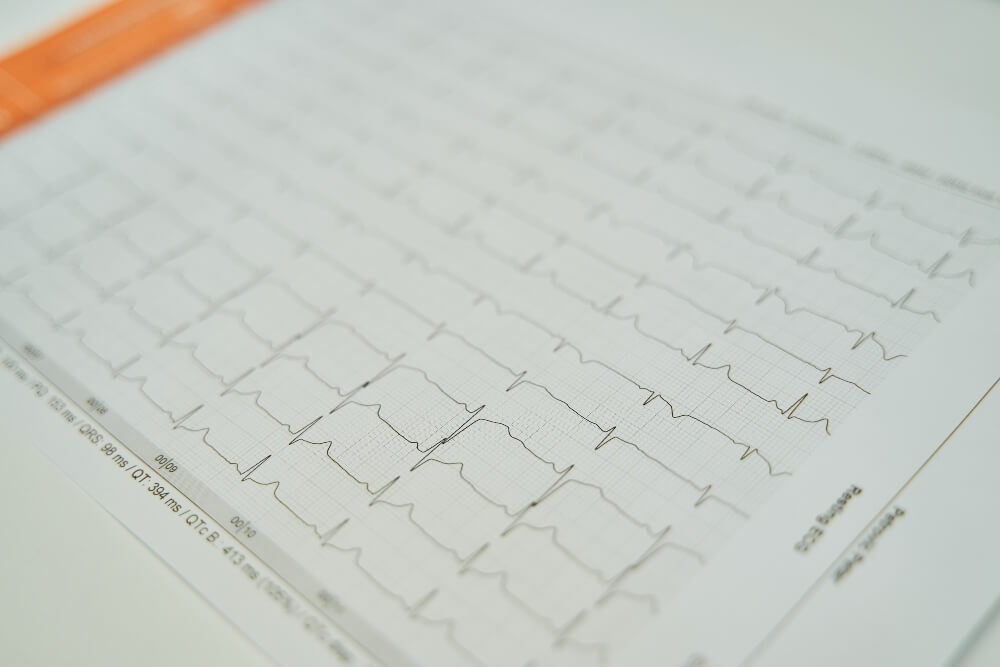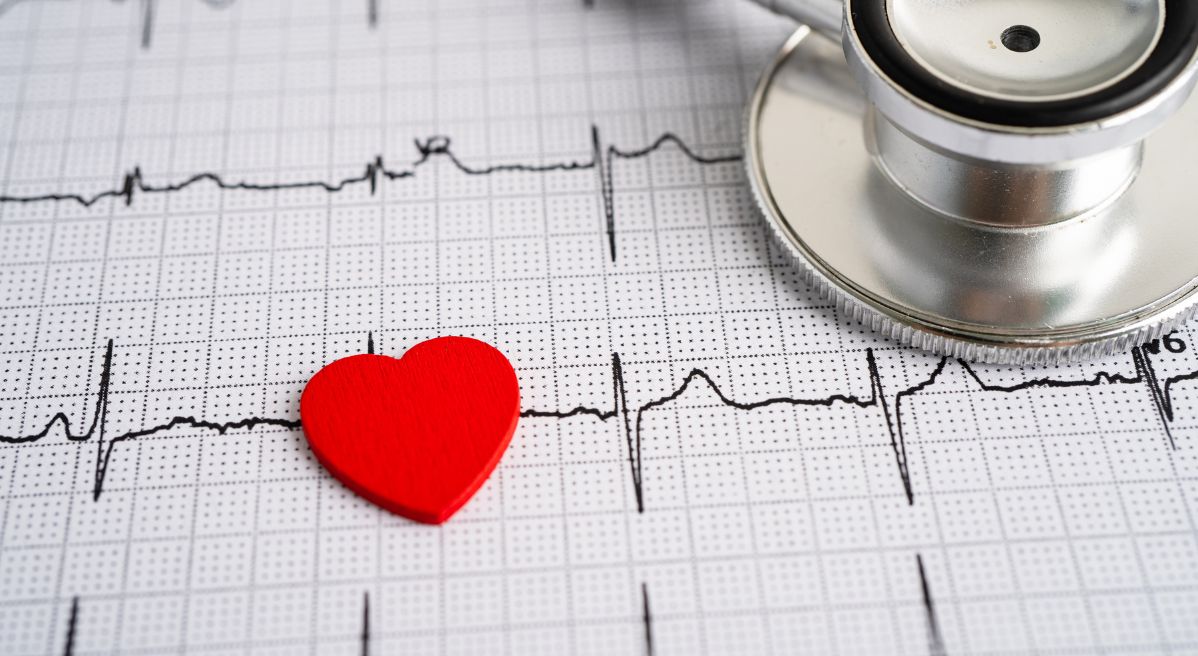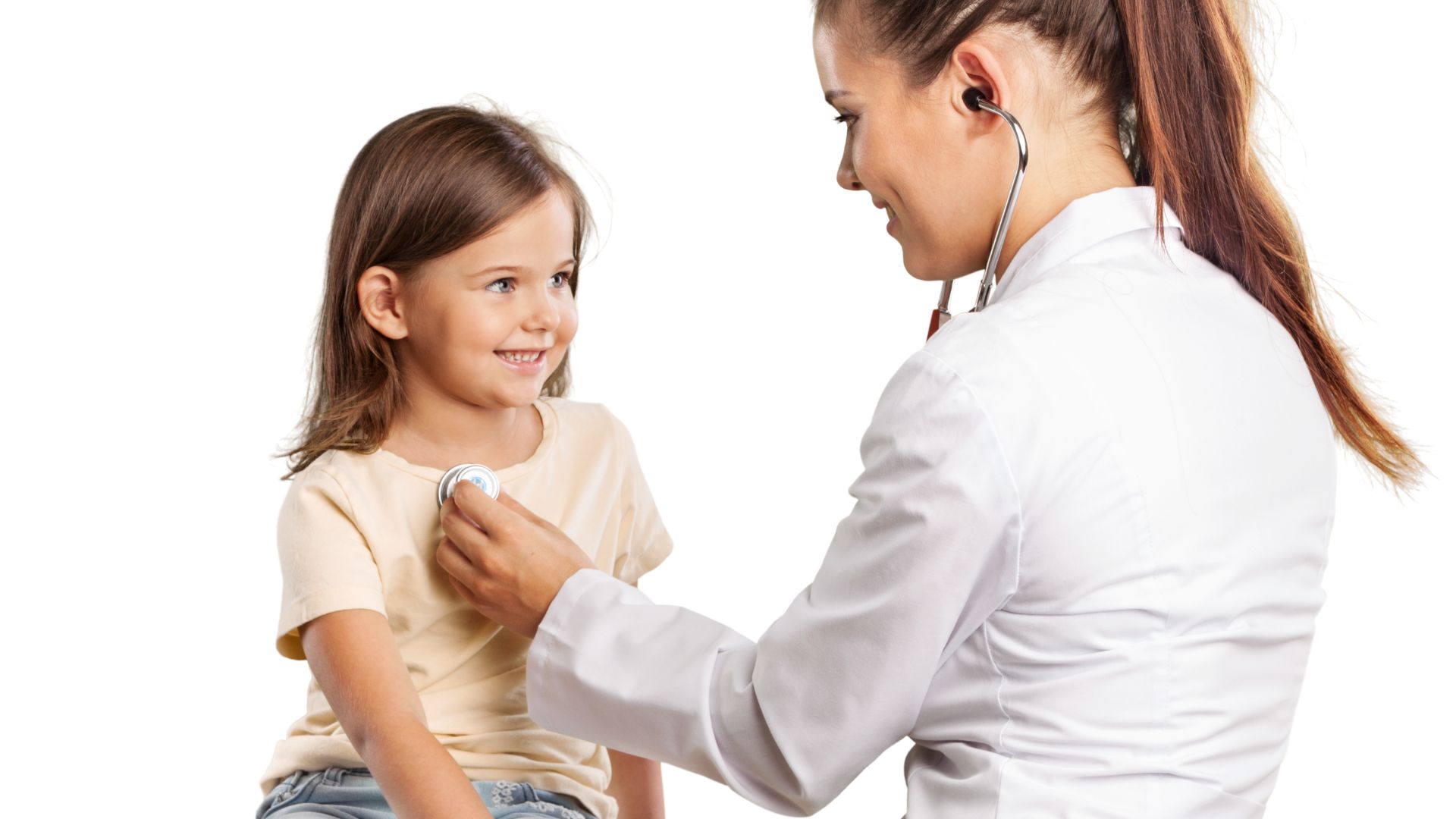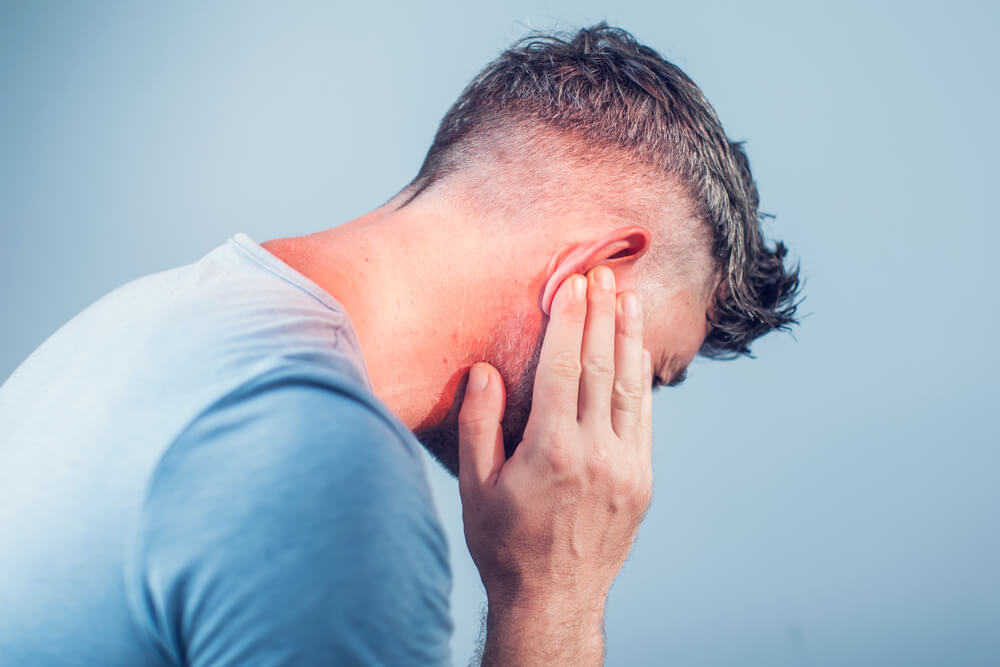There are many reasons why the heartbeat can be irregular. Arrhythmia can be related to heart diseases, diseases affecting some other organs, but they can also be the result of lifestyle or a moment of stress.
Treatment of heart arrhythmia is not always necessary because not all of them are dangerous and potentially fatal for the patient, but the final diagnosis should always be left to an expert, and we have a team of cardiologists who have acquired and expanded their knowledge in well-known cardiology institutions around the world.
However, it is not out of place to keep in mind some information about how to recognize heart arrhythmia and what heart arrhythmia treatment entails.
How to recognize heart arrhythmia?
If you experience an arrhythmia, the symptoms will be stronger or weaker, but they will be present and you will quickly notice that something is wrong with your heartbeat, because the heartbeat will be faster, slower, or simply irregular.
Patients describe the state they are in when they experience heart skipping in different ways, but their symptoms can be classified into two groups depending on whether the heart rate is faster or slower than normal.
Symptoms characteristic of a slow pulse (bradycardia) – include dizziness, fatigue, difficulty breathing, and even loss of consciousness.
Symptoms characteristic of a rapid pulse (tachycardia) are strong heart palpitations, discomfort in the chest, a feeling of weakness, difficulty breathing, sweating, and dizziness.
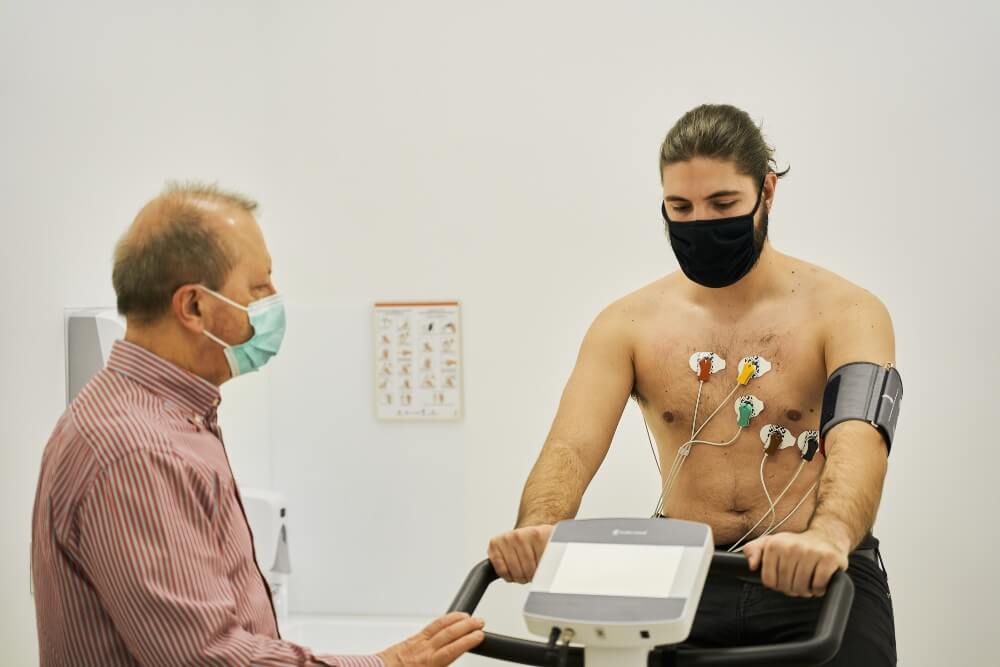
What types of arrhythmias exist?
There are several types of arrhythmias:
- Preventricular (atrial) extrasystoles – this type involves premature heartbeats; it can also occur in healthy people
- Permanent atrial fibrillation – as the name suggests, in this situation, the rapid, irregular beats of the atria are permanent.
- Paroxysmal atrial fibrillation – the atrial rhythm will be fast and irregular in patients with this diagnosis.
- Atrial (atrial) tachycardia – implies a faster, regular rhythm of the atrium.
- Ventricular extrasystoles – represent the occurrence of premature beats.
- Ventricular tachycardia – means three or more consecutive ventricular beats, in which the frequency goes above 120 beats per minute.
- Ventricular fibrillation – refers to a ventricular rhythm that is fast and irregular.
- Atrioventricular block (AV block) – this condition occurs when there is a problem with conduction of impulses from the atrium to the ventricle.
- Branch block – represents an interruption of electrical conduction through heart fibers, and the block can be complete or partial.
It is very important to determine what type of arrhythmia is involved because the treatment of heart arrhythmia depends on it. Sometimes it will be necessary to introduce medication, in certain situations treating arrhythmia naturally may be one of the options, and sometimes a change in lifestyle will be sufficient.
Why does arrhythmia occur?
Impulses for heart work are created in the sinus node, from that part they are further transmitted to the atria and ventricles, resulting in muscle contraction and relaxation. When there is a problem somewhere in that process, an irregular heartbeat, or arrhythmia, occurs.
There can be many reasons for the occurrence of arrhythmia.
It is important to point out that most people experience short-term episodes of arrhythmias during their lives, and very often they are not dangerous and the result of some disease, but rather a reaction to a stressful situation, the use of certain drugs (e.g. sprays to improve breathing in asthma or bronchitis, cough medicines), using nicotine, alcohol, consuming too much coffee, energy drinks.
In general, lifestyle and diet can affect their appearance and in such situations, there is a way to prevent unpleasant episodes. The key is to take more care in how we live and eat and to avoid stressful situations or to master good techniques for coping with stress.
Even when it is not life-threatening, arrhythmia is unpleasant and can cause anxiety and fear, so it is better to prevent it by improving the quality of life.
On the other hand, heart arrhythmia can be a consequence of serious conditions such as:
- heart diseases – angina pectoris, heart defects, inflammation, one of the causes can be a weak heart muscle.
- diseases of other organs – diseases of the lungs, kidneys, central nervous system, thyroid gland can also result in irregular heartbeat.
- general disorders – arrhythmia can also occur as a result of some infection, use of some drugs, loss of vitamins and minerals from the body.
How to diagnose arrhythmia?
Heart palpitations can be very uncomfortable and people often develop a fear of being in this situation again. Although their occurrence does not have to be related to serious diseases, that assessment should be left to a cardiologist.
In the event that an arrhythmia occurs, the symptoms appear, because information quickly reaches the brain that something is happening and that the heartbeat is not regular, and the safest step is to contact the doctor so that all important analyzes can be performed.
You can expect to have some of the following tests done on you:
- ECG
- Echocardiogram
- ECG measurement lasting 24 hours
- Adequate load test
- Electrophysical examination of the heart
- Coronary angiography
At Pulse Cardiology Center, we are trained and ready to help you as soon as possible, because all problems related to the heart deserve only such a reaction and care.
We proudly point out that thanks to the innovative system called Fast Arrhythmia Lane, you can be sure that you will find a solution to your problems very quickly. The system involves four steps:
- Emergency reception
- Complete diagnostics and examination
- Observation
- Cardiological intervention
Of course, cardiology intervention will not be necessary in every situation, but it is important to know that in case of need, it will be available to you on the same day.
How is heart arrhythmia treated?
Treatment of heart arrhythmia is possible and therapies are very effective, but regular controls are necessary to monitor the condition and correct the therapy in time if necessary. Therefore, after determining the therapy, the patient can have a very high-quality life, but he must not forget the importance of regular control of the condition.
Treating arrhythmia naturally is also possible, but you need to consult with experts about everything, and our cardiologists are here to recommend the most effective therapy.
The diet of people who have heart palpitations that require treatment must be regular, healthy, with as little sugar and substances that can affect rapid heartbeat.
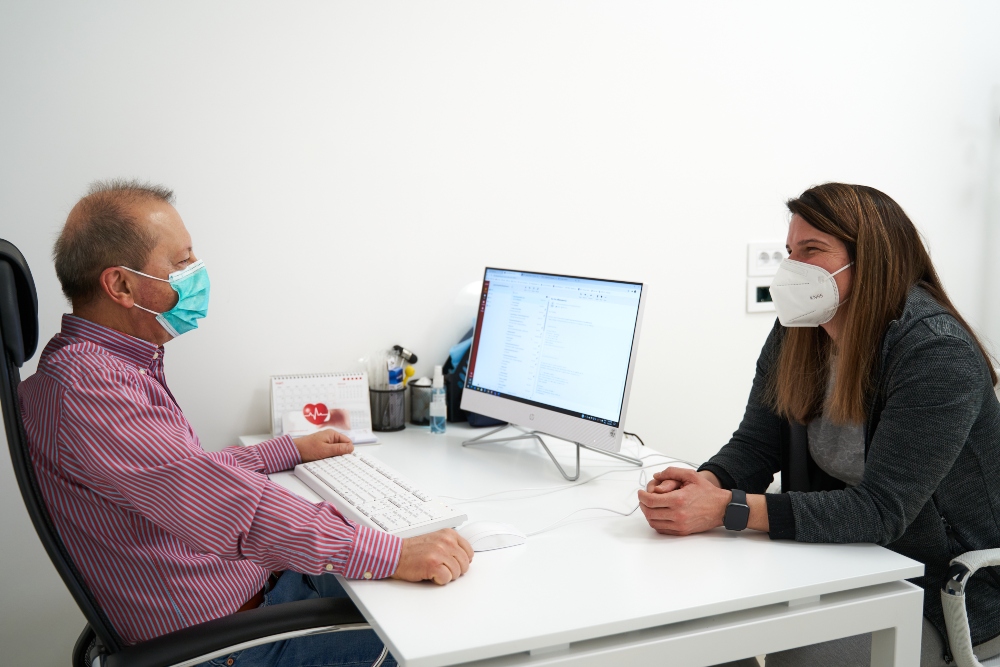
Prevention of arrhythmias
Disease prevention is the most important and we should think about the consequences of the lifestyle we lead in time.
In order to reduce the possibility of arrhythmia, it is necessary to eat regularly and healthily, to avoid the consumption of alcohol, energy drinks, coffee, and the use of nicotine. In addition, physical activity also plays an important role, because inactivity has a negative effect on the health of our heart. Physical activity does not have to be too intense, regular walks are enough, but it must exist and be regular.
Stress, as one of the most common triggers, is somewhat more difficult to eliminate from life, but it is necessary to introduce routines that will help us reduce and reduce its impact on our body. This can be helped by calming activities, meditation and the like.
Unfortunately, problems and diseases in the domain of cardiology are among the most frequent and very fatal, so it is crucial to react in time. Early detection and diagnosis, as well as the right therapy and follow-up, are essential for effective treatment. All this is complicated by the fact that in the early stages of these diseases, symptoms are often absent, and when they appear, a lot of precious time has already been lost.
With that in mind, we recommend regular systematic examinations, harmonizing your lifestyle with the needs of your heart, because it will repay you for the effort you put in.
With us, you can have preventive or urgent examinations, analyzes and interventions. In our clinic, everything is equipped and organized so that we can respond to the needs of your heart in the best way.

